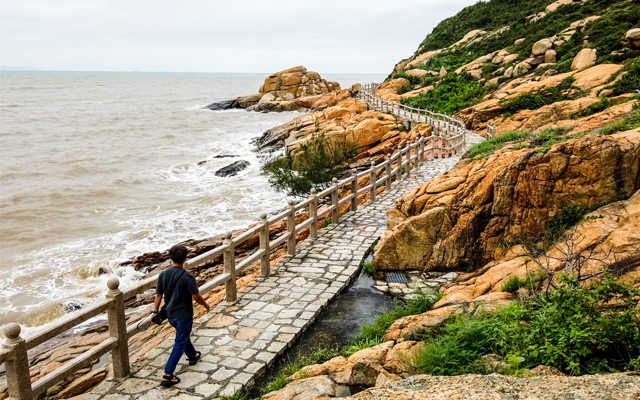Investors are putting their money on sustainable travel opportunities in keeping with shifting consumer and industry trends, it transpired at the recent WTTC 21st Global Summit in Manila.
Intrepid Travel Group chair, Darrell Wade, said that in the last 10 to 15 years, clients are preferring more purpose-driven and sustainable travel, now the key driver of choice for booking trips.

Intrepid Travel announced in January that it acquired Wildland Trekking, a US-based environmentally-conscious tour operator focused on active and outdoor adventures.
Wade shared: “Our clients want to be outside so we just acquired a walking company in the US, for instance. We are putting a significant investment into cycling. These used to be fringe activities and are now mainstream as people want to get out and to travel in a way that there is low carbon footprint.
“And so, it is really starting to change our thinking about putting in our investment dollars now going forward.”
Gaming enterprise MGM China Holdings is also on the same investment direction, in the gaming and entertainment capital of Macau.
MGM China Holdings’s co-chair and executive director, Pansy Ho, said that they wanted to position Macau as a destination for leisure and recreational aspects, by reactivating the country’s plentiful outdoor offerings, such as walking trails and seaside activities.
This is the area of MGM’s investments, added Ho, because “it is not us who will drive tourist arrivals; it is the tourists”.
Ho also pointed out that the public and investors will look at the sustainability indexes of listed companies, tracking their performance based on their commitment to the United Nations’ SDG efforts.
The way Covid-19 has changed how Asian travellers think about sustainable tourism “is really a call-out to the destinations to tailor it to the emerging consumer needs”, said PATA CEO, Liz Ortiguera.
Ortiguera said investment priorities should be in training in terms of destination management, and in reinforcing sustainability and addressing the specific needs of each destination in the national, provincial and local levels.
Decarbonised transport initiatives is also critical as travel and tourism contributes to 58 per cent of global, human-driven carbon dioxide emission, with transport being about 75 per cent of that, accommodation 25 per cent, and the rest others, Ortiguera said.




















